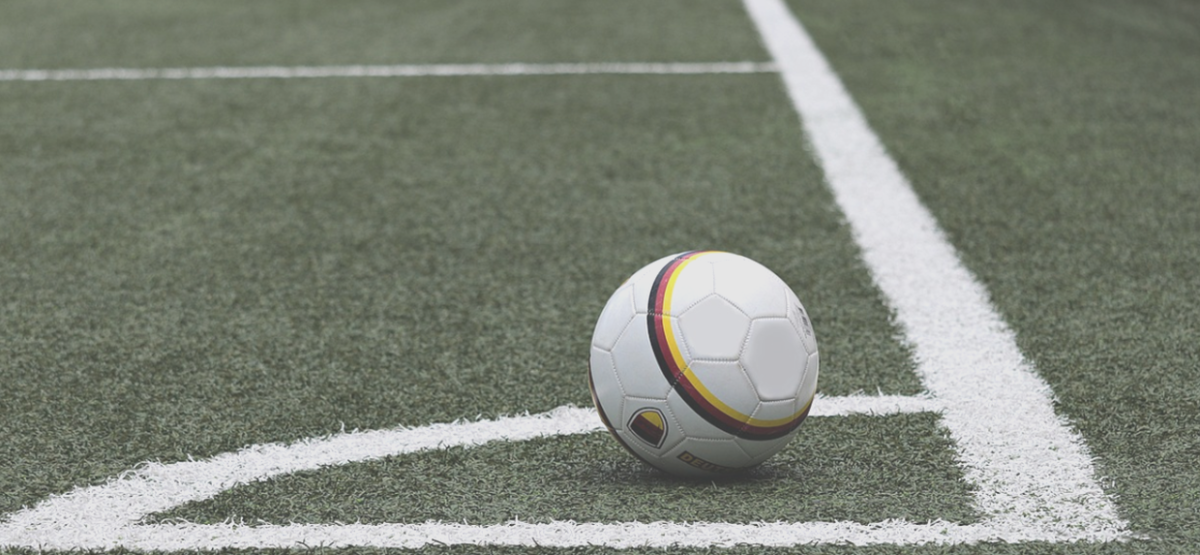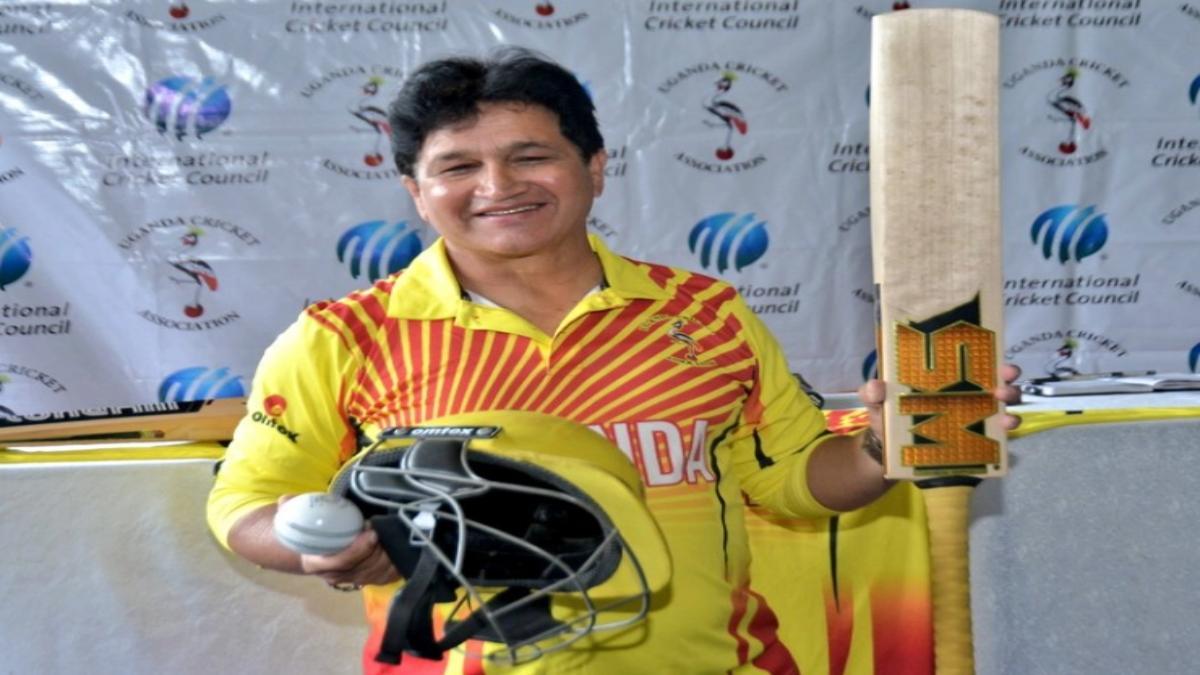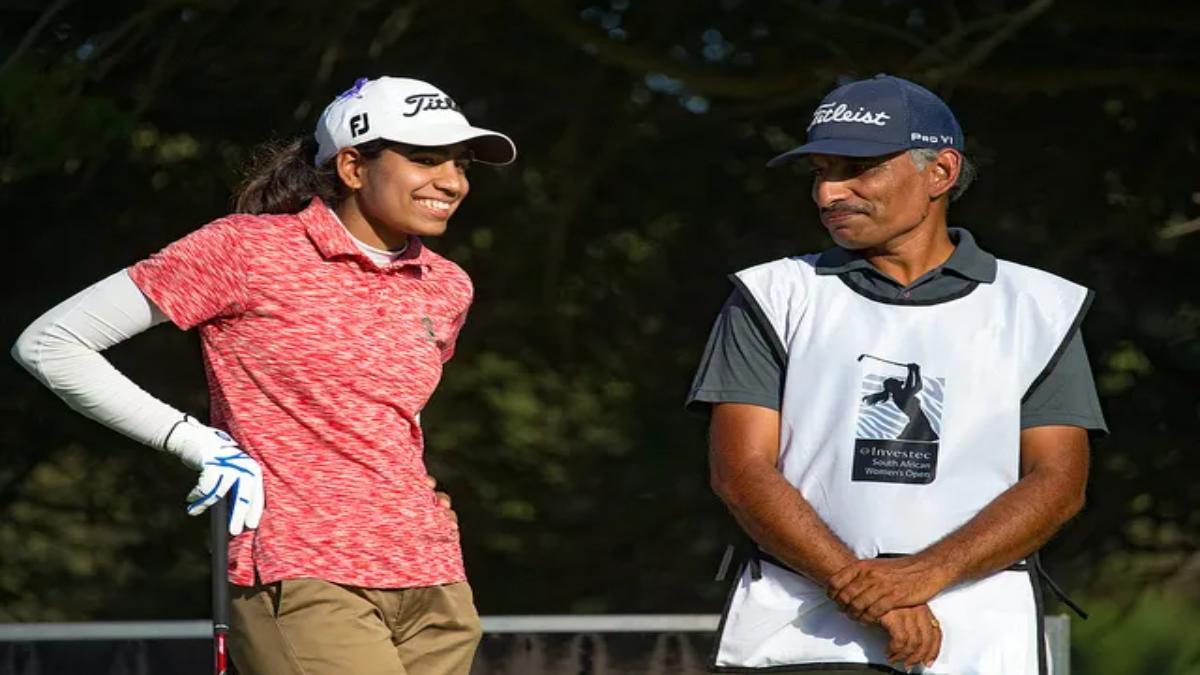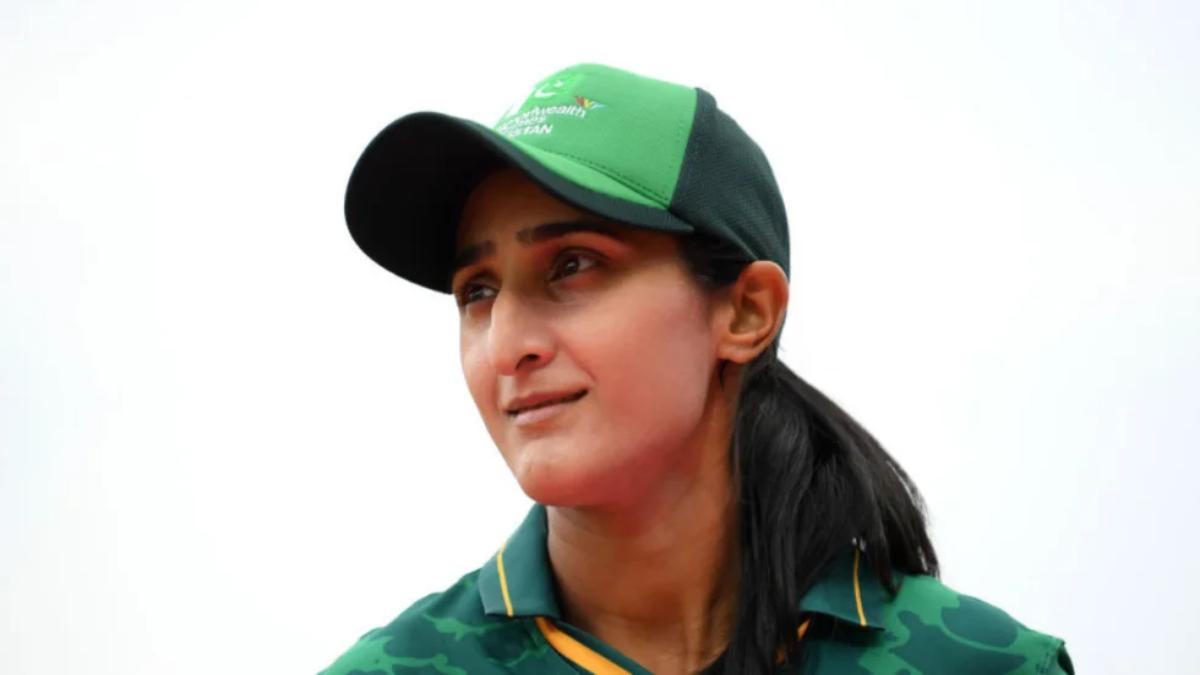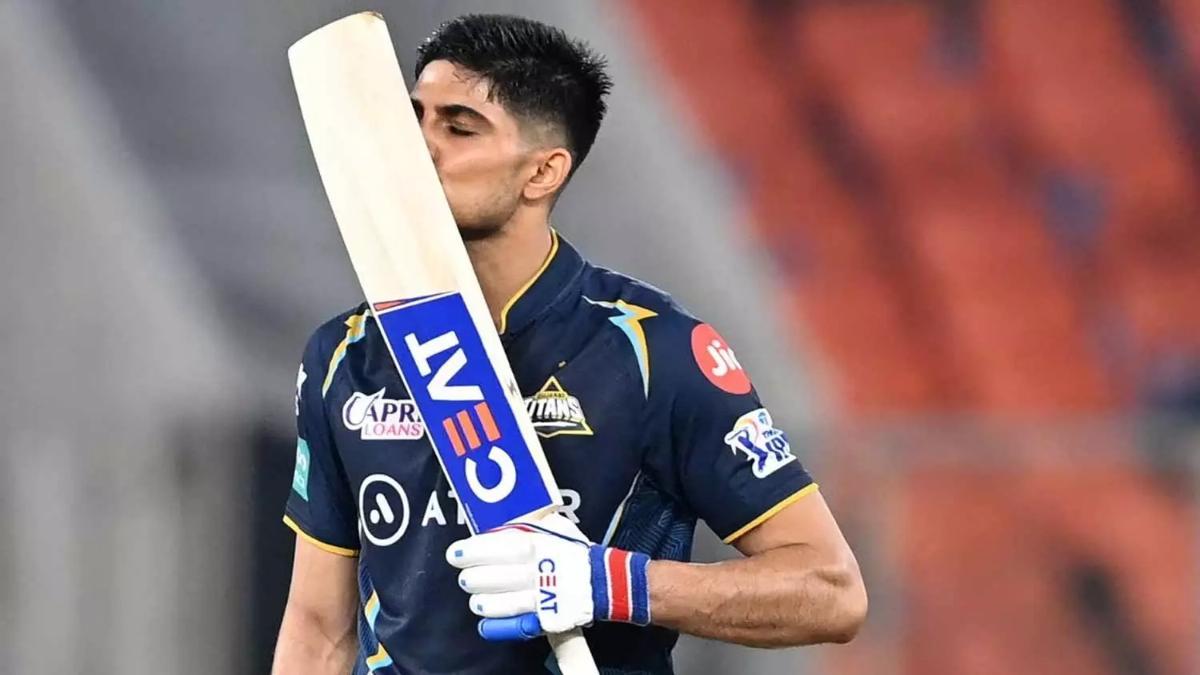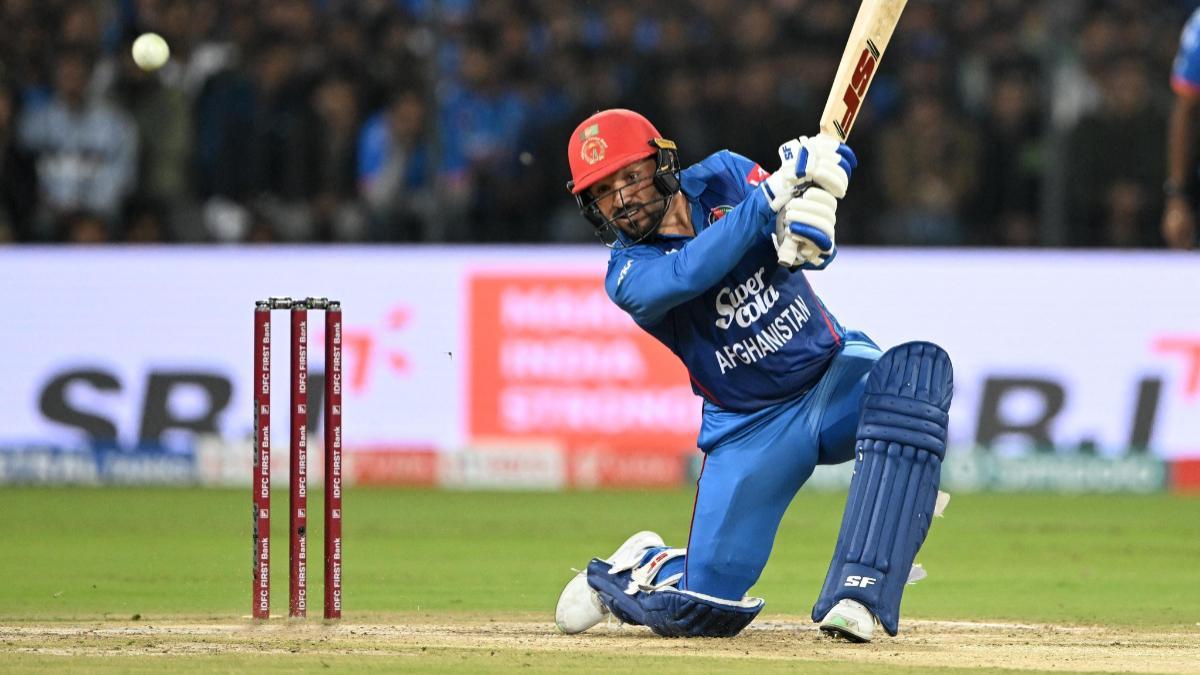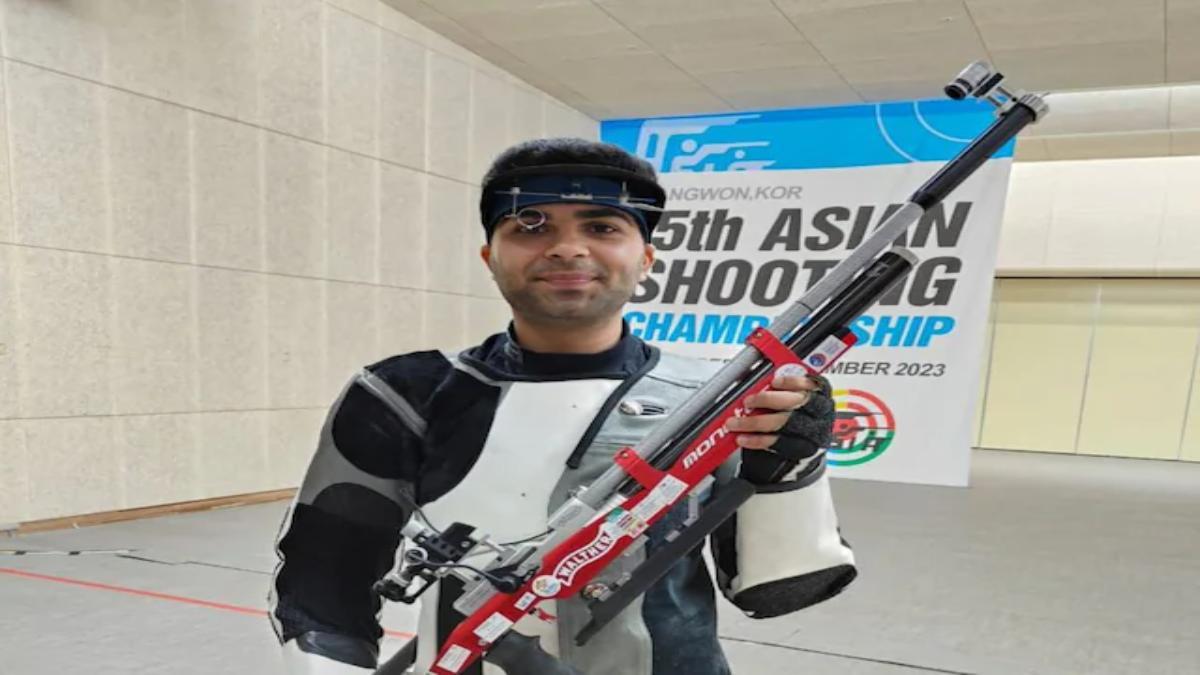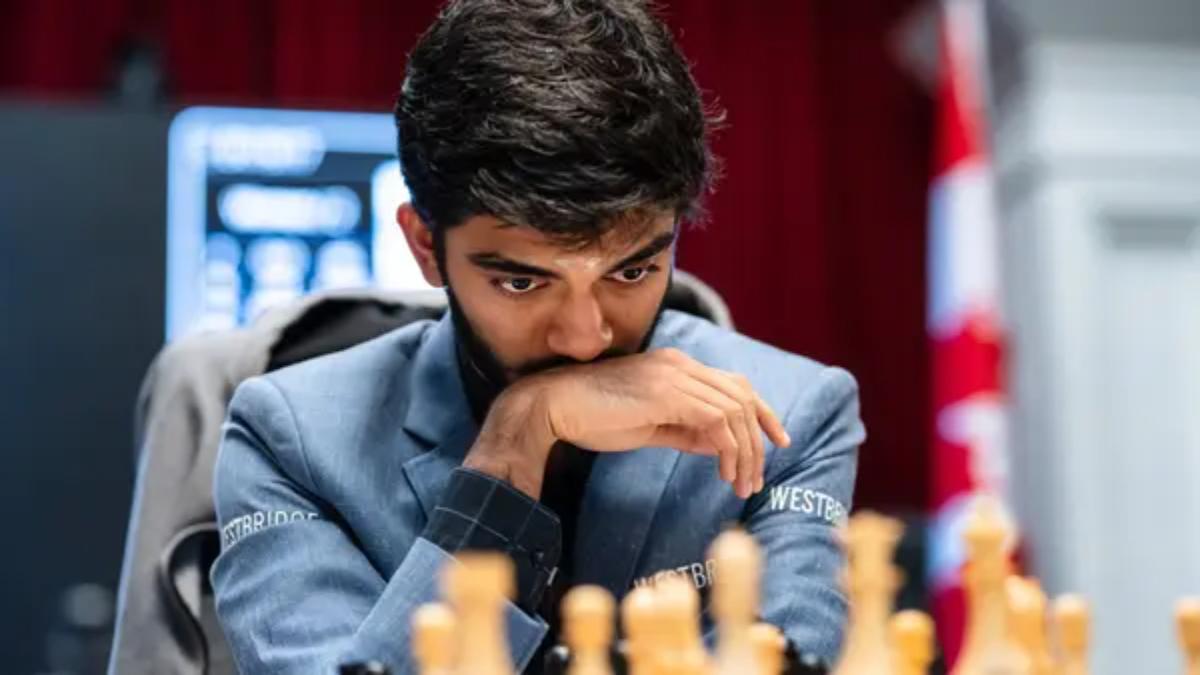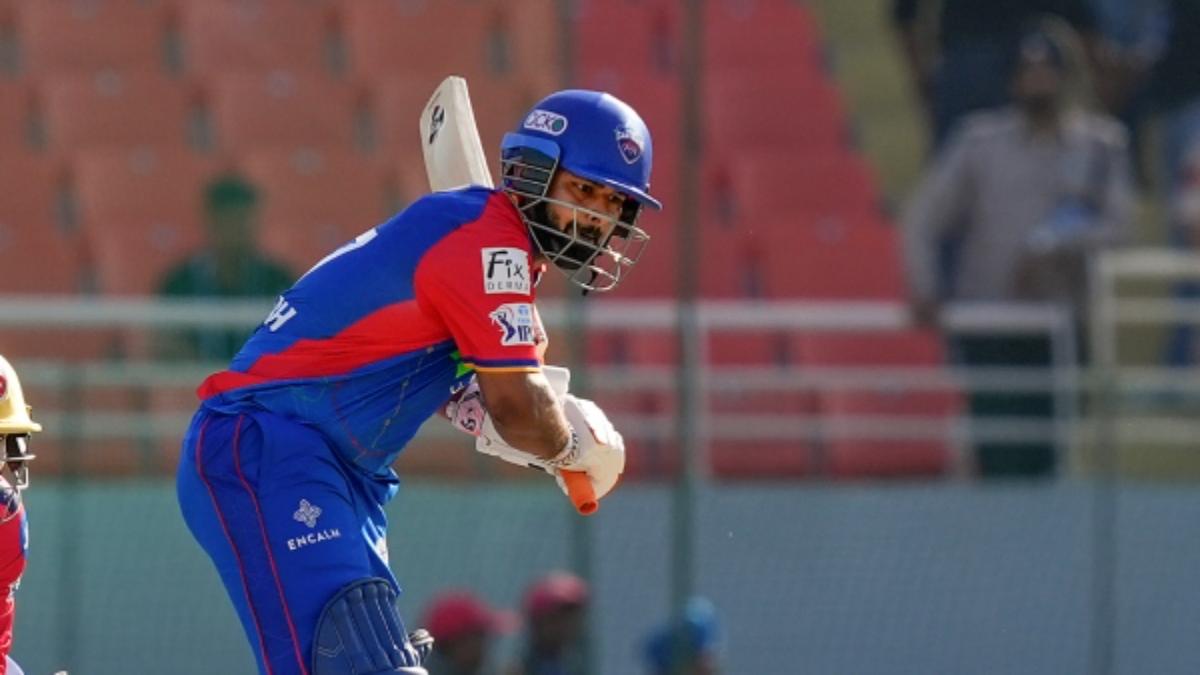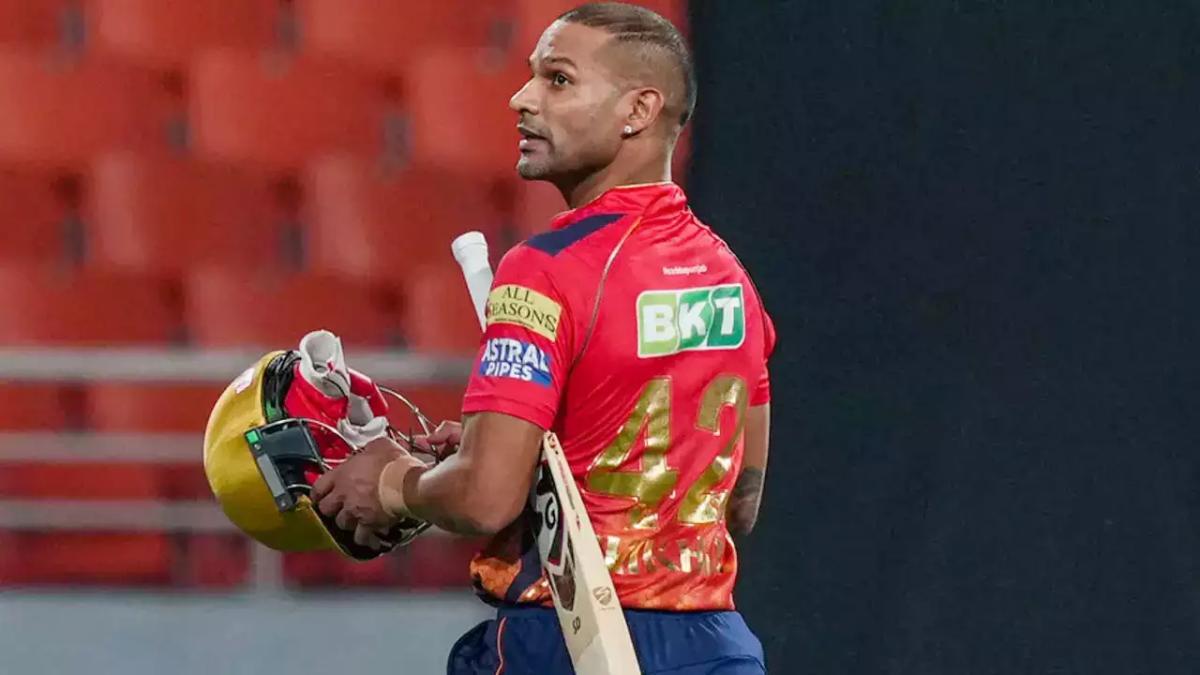New Delhi, Mar 28 (PTI) The National Doping Test Lab (NDTL) is on course for a total overhaul, says director P L Sahu as the only testing facility of the kind in the country works towards stepping out of the long shadows of a suspension.
On the anvil are awareness programmes, modernisation of equipment and scaling up of infrastructure to meet the challenges of doping among sportspersons, among the strongest taboos in the sporting world.
“In the current scenario, inadvertent cases of doping due to lack of awareness around risks associated with the use of nutritional supplements, presence of contaminated products in the market and absence of relevant information about nutritional supplements lead to anti-doping rules violations and risk the career of athletes,” Sahu said in an exclusive interview to PTI.
Inadvertent doping is when an athlete records a positive drug test after having unintentionally and unknowingly taken a banned substance. Athletes may become ill or injured, or suffer from chronic medical conditions, which may necessitate the use of medications banned in sports.
Cricketers Yusuf Pathan and Prithvi Shaw did it. However inadvertently, they were made to pay for it with suspension. Pathan was suspended for five months in 2018 and Shaw in 2020 for eight months. The two admitted to have inadvertently ingested terbutaline, a banned drug, when they consumed over-the-counter cough syrup to treat respiratory infection.
India’s anti-doping efforts received a massive jolt in 2019 when the World Anti Doping Agency (WADA) put the country’s premier dope testing lab under a six-month suspension after finding it lacking in compliance. This was in August 2019, just a few months before the Tokyo Olympics.
A WADA team in an on-site visit to one of its labs found its anti-doping methods inadequate and not in line with the International Standards for Laboratories. It took WADA more than six months, and urgent pleading by then union sports minister Kiren Rijiju to revoke the ban, which it did in December 2021.
“A lot of water has gone under the bridge since then and the NDTL is on course for a total overhaul now,” Sahu said.
According to Sahu, the lab – located in Delhi and only one such in the country – is readying to go full steam ahead in sending across anti-drug awareness to preclude any possible cases of doping among sportspersons.
He said the initiatives were planned and were to be executed years back but Covid and some policy delays caused its late rollout.
The National Anti Doping Agency, or the NADA, is now all set for a revamp with expansion of its labs and an agreement with the Food Safety and Standards Authority of India (FSSAI) under its belt to ward off sportspersons from inadvertent doping.
NADA is in charge of all anti-doping activities in India except testing – which is done by the NDTL.
From about 6,000 samples per annum, the idea is to expand testing capacity manifold with the establishment of more dope testing laboratories outside Delhi and thereby a corresponding increase in revenue generation, Sahu said.
International sports authorities have come a long way in their anti-doping technology since the days of US cyclist Lance Armstrong, who dodged them for several years and went on to win several international competitions, including seven Tour de France titles between 1999 and 2005.
India, however, failed to catch up with the changed scenario. The result of its inadequate anti-doping mechanisms was its suspension.
But that is all in the past, Sahu, one of the India’s top sports forensic experts, said.
“In order to develop and establish an effective anti-doping programme in the country, NADA will establish a mechanism for effective anti-doping education to make stakeholders aware about doping consequences, conduct webinars, social media campaigns…,” he said.
NADA, he explained, will encourage best practices in the marketing and distribution of supplements in India.
“It will also educate athletes about the harmful components present in nutritional supplements that may affect their long-term performances.” Since the lifting of the ban, the NDTL has taken up modernising of its equipment, space, and updating of all the methods for Initial Testing Procedures (ITP) and Confirmation Procedures (CP) Analysis in accordance with current WADA requirements, he said.
Set up first in 1990 as Dope Control Centre under Sports Authority of India, the lab was modernised in 2002 and got the WADA accreditation in 2008, becoming one of the 30 countries with such an accreditation in the world.
With Parliament passing the National Anti-Doping Act in 2022, Sahu expects the lab to get the status of a statutory body. This would bring with it more autonomy and budget for room in functioning, which becomes even more crucial as India gears up to bid for Olympics.
“The statutory recognition for the NDTL will bring more autonomy in administration and finance and help maintain the highest standard, fairness and approach to dope testing in the country. This requires heavy scaling up of infrastructure for collection and testing of samples, and designing newer and more advanced testing methodology in dope science,” Sahu said.
To create the nutritional supplement testing capacity in India, a tripartite agreement was recently signed between the Youth Affairs Ministry, National Institute of Pharmaceutical Education & Research (NIPER), Hyderabad, and the Food Security Standards Authority of India, he said.
The agreement will enable the dissemination of “information and build awareness about the risks associated with the use of nutritional supplements, increase use of nutritional supplements, increase research opportunities in the clean sports & anti-doping domain and provide options for safe and dope-free nutritional supplement for sportspersons”, Sahu added.
Source: PTI News


